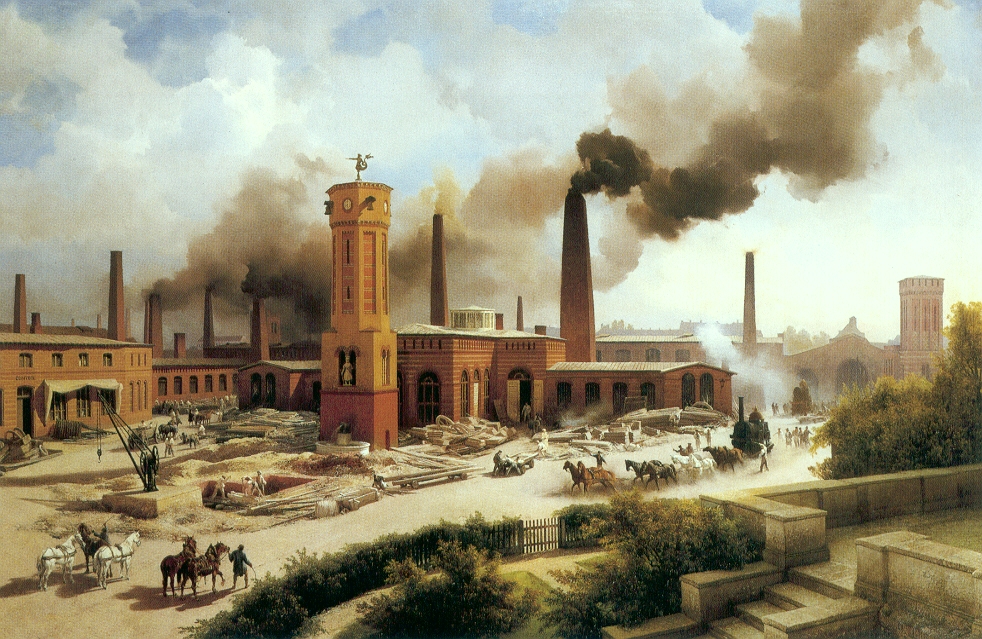1. If the French monarchy would have been restored in the early 1870s and France would have subsequently lost an alt-WWI, would the French monarchy have subsequently been overthrown?
2. If Italy would have lost WWI (either real life's WWI or an alt-WWI), would the Italian monarchy have subsequently been overthrown?
3. If the French monarchy would have been restored in the early 1870s and there would have still been an alt-WWI and the Entente/Allies would have still won this alt-WWI, but with Russia still dropping out of the war before the end of this war, would any of the newly created Eastern European countries, such as Poland, Czechoslovakia, the Baltic countries, and/or Finland, have become monarchies after the end of WWI in this TL, perhaps in an attempt to please France but also because republics would have been more rare in this TL without the prior half a century example of the Third French Republic?
Any thoughts on all of this?
2. If Italy would have lost WWI (either real life's WWI or an alt-WWI), would the Italian monarchy have subsequently been overthrown?
3. If the French monarchy would have been restored in the early 1870s and there would have still been an alt-WWI and the Entente/Allies would have still won this alt-WWI, but with Russia still dropping out of the war before the end of this war, would any of the newly created Eastern European countries, such as Poland, Czechoslovakia, the Baltic countries, and/or Finland, have become monarchies after the end of WWI in this TL, perhaps in an attempt to please France but also because republics would have been more rare in this TL without the prior half a century example of the Third French Republic?
Any thoughts on all of this?


